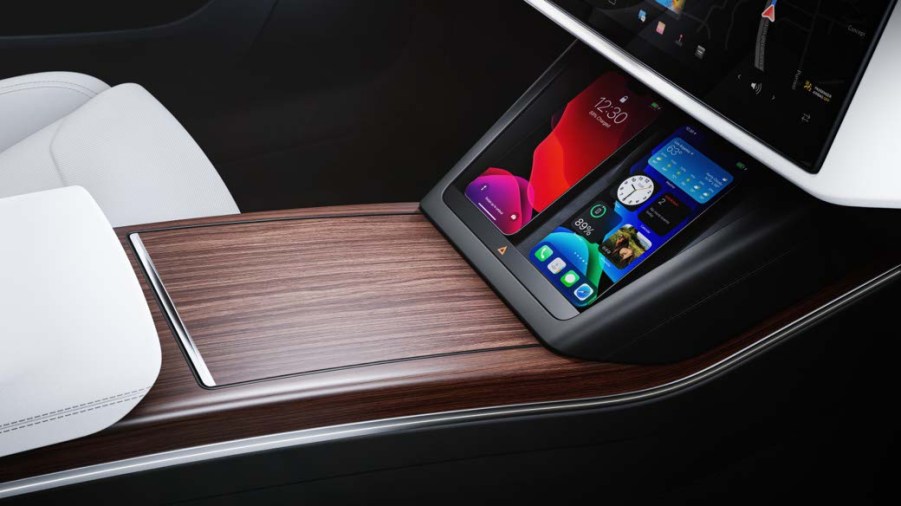
The 5 Ways Your Car Is Connected, And What That Means For Your Security
Your vehicle may be connected to the internet, devices, and even other cars; especially if it’s an autonomous vehicle. Each of these ways to connect brings with it a host of automotive cybersecurity challenges. Is your car safe or can it be hacked? Are you in danger of someone taking control of your vehicle while you’re behind the wheel? Cybersecurity experts say there are five ways that your car may be connected, and address the risks associated with each of them.

Connected cars impact automotive cybersecurity
Upstream Security published the 2021 Global Automotive Cybersecurity Report analyzing automotive cybersecurity risks. They say 86% of the global car market will be connected by 2025. What does a connected car mean? Data is shared between servers, apps, phones, among other things. As you might imagine, this leaves a lot of opportunities for vehicles to be hacked.
As more vehicles are connected in new ways, hackers have more vulnerabilities than ever to exploit. The amount of data that vehicles use and store make them a particularly attractive target for hackers and other types of criminals.
There are five ways that your car may be connected
There are five main ways that vehicles are connected. Each of these presents unique challenges in terms of automotive cybersecurity. Upstream details each of these ways in their report.
The first way is vehicle to infrastructure. This means that your vehicle is communicating with road infrastructure to get information about things like traffic and accidents. This uses hardware, software, and firmware to communicate. It is essential that self-driving vehicles be able to do this so that cars can drive safely.
Vehicle to vehicle is the second form of connectedness. As the name suggests, this is when vehicles communicate with one another. Vehicles share things like accident information, traffic information, and even details about their own car, like the speed they’re traveling.
Your vehicle can also communicate with the cloud and pedestrians
The third way that a vehicle may be connected is to the cloud. This allows your vehicle to exchange information and data about the applications that your vehicle uses. There’s also the possibility of a vehicle storing information about driver preferences in the cloud to adjust preferences.
Vehicle to pedestrian connectedness is when a vehicle communicates with other vehicles, mobile devices, and infrastructure to share information about pedestrians. An example of this is the radar, lidar, and camera-based systems for pedestrian detection.
Finally, your car may be connected to everything. While this sounds very generalized, it encompasses all the ways your vehicle can connect to other things. Some of these ways may include things like traffic lights or road signs.
As vehicle technology advances, automotive cybersecurity will become even more important. Know how your car is connected to the outside world. Be aware of the dangers associated with those connections, and know how to protect yourself. Keep software updated and be careful with third-party devices. These are two ways that people can keep themselves safer when utilizing some of the newer automotive technology. It’s also up to the car industry to prioritize automotive cybersecurity in every stage of vehicle production and afterward.


